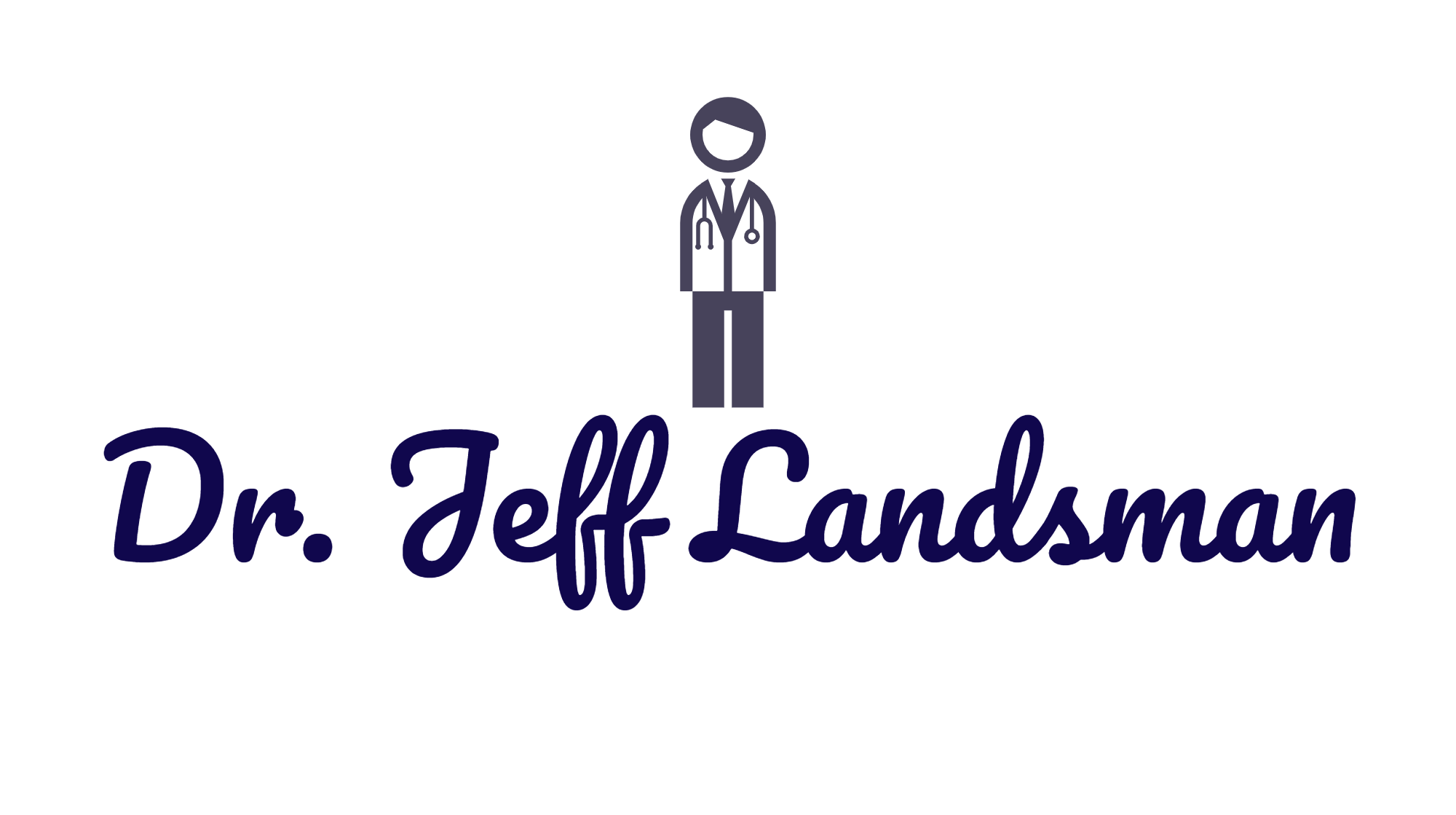"Are there medications that we can stop today?"
Stopping Meds: The Best Things I Have Ever Done for my Senior Patients
I have been practicing geriatrics and family medicine for 20 years. Over this time I’ve always been guided by the motto from the Hippocratic Oath “To do no harm”. I’ve taken care of thousands of patients over the years. By far the biggest successes that I’ve had has not come from adding the 10th or 11th medicine to a complicated med regimen but has come from finding the medicines I can stop that may be causing side effects or actually doing harm to my patients. As a geriatrician when I see a new patient the first thing I always consider is what medicines can we take away.
There are certainly many times when I add a new medicine to help with a patient’s blood pressure, sugar, pain, mood, infection… but taking away the right medicine (Or wrong one for a particular patient) is where you can really make a difference. There are certain medicines, especially in elderly patients, that can cause serious adverse reactions like confusion, dizziness, constipation, and falls. There is also significant risk of adverse reactions between medications that can occur when a patient is taking multiple medications.
Often physicians are not comfortable telling a patient that they don’t have anything to offer for their particular problem, so instead they feel the need to prescribe a new medication. When a patient is seeing multiple specialists the number of medications can quickly add up.
A “Prescribing Cascade” is a common occurrence in older patients in which one medicine causes certain side effects prompting their provider to prescribe a second and sometimes even a third medicine instead of just stopping the first medication that is causing the problem. One common prescribing cascade is seen with certain blood pressure medications that can cause swelling/edema that then leads to the addiction of a diuretic (fluid pill) which can then lead to things like electrolyte abnormalities, falls, confusion and dehydration.
Common medications that can cause significant side effects, especially in elderly patients, include:
Narcotic pain medications (oxycodone, hydrocodone)
Benzodiazepines (Xanax, lorazepam, Ativan, Valium)
Sleeping pills (Ambien)
Antipsychotic medications that are often used in patients with advanced dementia
Overactive bladder medications (Detrol, Ditropan)
Antihistamines (Benadryl)
You should be careful never to stop a medication without discussing with your doctor first, as stopping certain medications abruptly can also at times lead to significant side effects. Instead, it should be a discussion with your provider to guide your decisions and best plan of action.
